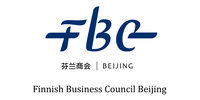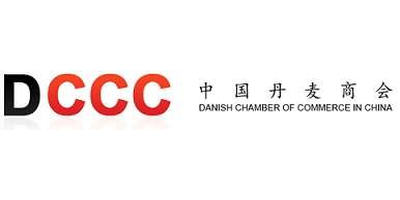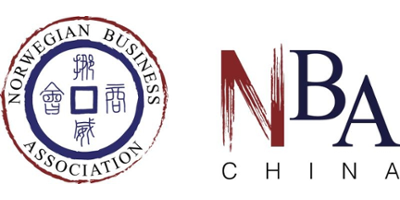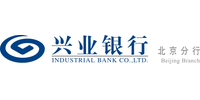European Chamber of Commerce in China recently released its European Business in China Position Paper 2021/2022, the culmination of six months dedicated work by 35 working groups and sub-working groups for different industries. This year's Executive Position Paper looks into the 14th Five-year Plan (FYP), and identifies areas of risk and opportunity, both for European businesses and for China's economy.
China's impressive recovery amid the challenges of the COVID-19 pandemic saw many European firms' China operations stabilizing their headquarters and making up for losses incurred in other markets. A significant number of European Chamber members posted record figures for revenue and profit in 2020, and China's economy looks set to remain strong for decades to come. According to International Monetary Fund forecasts, China will contribute more than a fifth of global GDP growth over the next five years, meaning its market is simply too important to neglect.
However, there are worrying signs that China's economy is turning inwards. The 14FYP sets a clear course for the country to reduce its reliance on the rest of the world, before ultimately achieving a high degree of self-sufficiency. The European Chamber believes that this is a calculated risk. China is gambling that it can successfully attain a higher level of innovation and manufacturing capability in the next decade or so that will allow it to lead in the technologies likely to define the future global economy.
Increasing control over the economy and pursuing a 'go it alone' strategy that will see China having to deviate further from the bold reform path it first embarked upon more than 40 years ago could have serious repercussions. These include decreased foreign direct investment (FDI), a deceleration of innovation capacity and reduced access to the core technologies China requires to upgrade its value chains. China's per capita GDP growth would also suffer, and the risk of it getting stuck in the middle-income trap would increase.
Please join us both offline or online (link will be sent later to those registered) for a presentation by Peter Ling-Vannerus, Chief Representative Beijing at SEB, and Jens Eskelund, Managing Director at MAERSK China Ltd, both members of the Executive Committee of the EUCCC, of the position paper and the key take-aways which will provide insight on what European companies believe the Chinese government should focus on in terms of removing obstacles to business and also what they consider that the EU Commission should concentrate on in its dialogue with China.


















